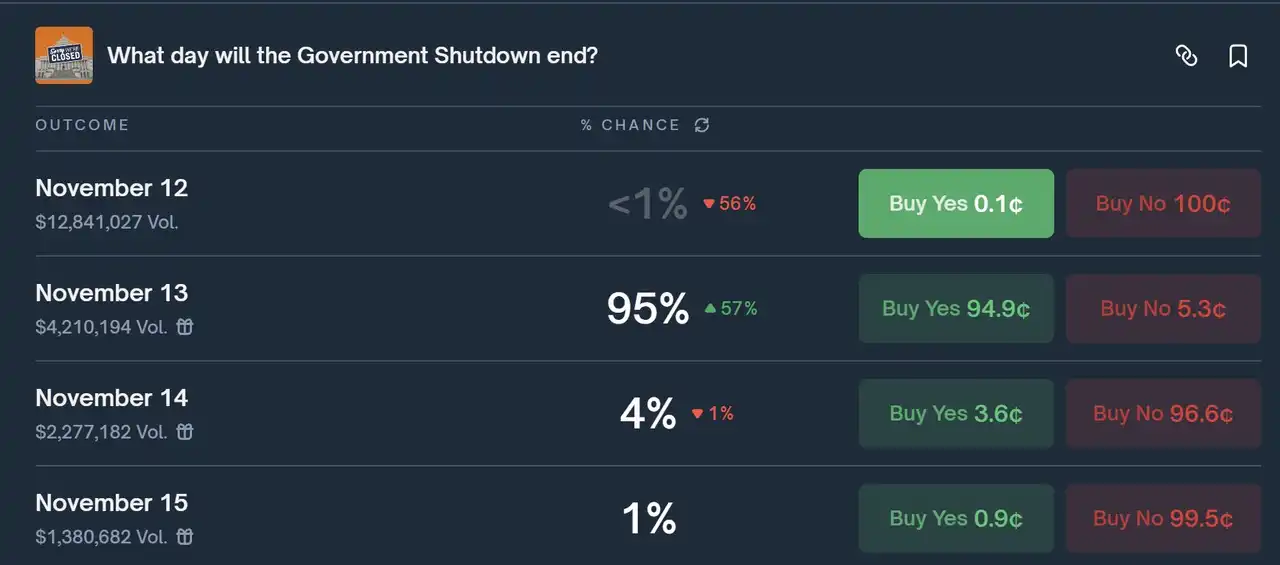DAO-governed DerivaDEX 'first' decentralized derivative protocol to receive Bermuda Monetary Authority license
Quick Take The Bermuda Monetary Authority has reportedly issued its first license to a decentralized derivatives protocol — the soon-to-launch, DAO-governed DerivaDEX. BMA is the entity that issued Coinbase Derivatives‘ first license.

A key organization behind the soon-to-launch DerivaDEX claims to be the first DAO to receive a license from the Bermuda Monetary Authority — clearing the way for the decentralized trading platform to operate under an emerging governance framework, DEX Labs CEO Aditya Palepu told The Block.
"The BMA has some familiarity with crypto and has been at the cutting edge of this since the beginning," Palepu said in an interview. The BMA provided Coinbase's first license when they were expanding internationally with their derivatives offering , but this is a DAO-governed DEX, so it's different than a centralized venue.
DerivaDEX is an institutionally-focused decentralized derivatives trading platform expected to launch by the end of the year. The protocol was designed by veterans of DRW and Consensys, with backing from leading VCs like Dragonfly, CMS Holdings, Electric Capital, and Polychain.
The project is attempting to build and launch a product that bridges DeFi and TradFi — taking the best of both worlds to create "safer marketplaces." Both blockchains and regulators provide different, though complementary, "trust guarantees," Palepu said.
"DerivaDEX's aim is to really capture that next wave of institutional capital that's been waiting for this kind of infrastructure, one that solves for performance but without custody risk, risk management without opacity, and also innovation with regulatory clarity," Palepu said. "And that's a substantial, if not the largest addressable market right now."
Palepu noted that while the "core exchange product" is in working order, the team has held off launching until receiving its BMA license. "Once the license is obtained, user onboarding can be done in a safe and respected manner with respect to the regulators and authorities involved," he said, adding that it’s a "familiar KYC onboarding process" under Bermudian law.
"It's different from what you typically see in the current crop of DEXs for the most part. But it's certainly standard practice that you experience on leading centralized venues," Palepu said.
Obtaining the license has been a two-year process, involving many conversations with regulators and participation in a so-called Innovation Hub, a "workshop-type setting" where projects looking to go the legal route learn what watchdogs are looking for and can help shape policy.
"It was a unique opportunity where at the end of the Innovation Hub, all parties involved have a much better understanding of what needs to be done," Palepu said.
According to Palepu, at least three entities participated in the licensing process from Deriva's end. This includes the Cayman-based DerivaDAO Foundation, a Deriva Bermuda LTD, and the DAO itself, which "ultimately governs everything," including deciding when the protocol will launch.
"DEX Labs, the team that I'm on, does not, nor does any independent provider for that matter, control, maintain, or operate the decentralized exchange in any way," Palepu said, noting the DAO has already made key decisions like unlocking transferability of the DDX token and managing the protocol’s insurance fund. "We don't have any special privileges in DAO governance in any way, shape, or form."
Disclaimer: The content of this article solely reflects the author's opinion and does not represent the platform in any capacity. This article is not intended to serve as a reference for making investment decisions.
You may also like
Mars Morning News | Federal Reserve officials divided on December rate cut, at least three dissenting votes, Bitcoin's expected decline may extend to $80,000
Bitcoin and Ethereum prices have experienced significant declines, with disagreements over Federal Reserve interest rate policies increasing market uncertainty. The mainstream crypto treasury company mNAV fell below 1, and traders are showing strong bearish sentiment. Vitalik criticized FTX for violating Ethereum’s decentralization principles. The supply of PYUSD has surged, with PayPal continuing to strengthen its presence in the stablecoin market. Summary generated by Mars AI. This summary was produced by the Mars AI model, and the accuracy and completeness of its content are still being iteratively updated.

"Sell-off" countdown: 61,000 BTC about to be dumped—why is it much scarier than "Mt. Gox"?
The UK government plans to sell 61,000 seized bitcoins to fill its fiscal gap, which will result in long-term selling pressure on the market.

A $500,000 lesson: He made the right prediction but ended up in debt
The article discusses a trading incident on the prediction market Polymarket following the end of the U.S. government shutdown. Star trader YagsiTtocS lost $500,000 by ignoring market rules, while ordinary trader sargallot earned more than $100,000 by carefully reading the rules. The event highlights the importance of understanding market regulations. Summary generated by Mars AI. This summary was generated by the Mars AI model, and its accuracy and completeness are still being iteratively improved.

Vitalik's "Can't Be Evil" Roadmap: The New Role of Privacy in the Ethereum Narrative
While the market is still chasing the ups and downs of "privacy coins," Vitalik has already placed privacy on the technical and governance roadmap for Ethereum over the next decade.
